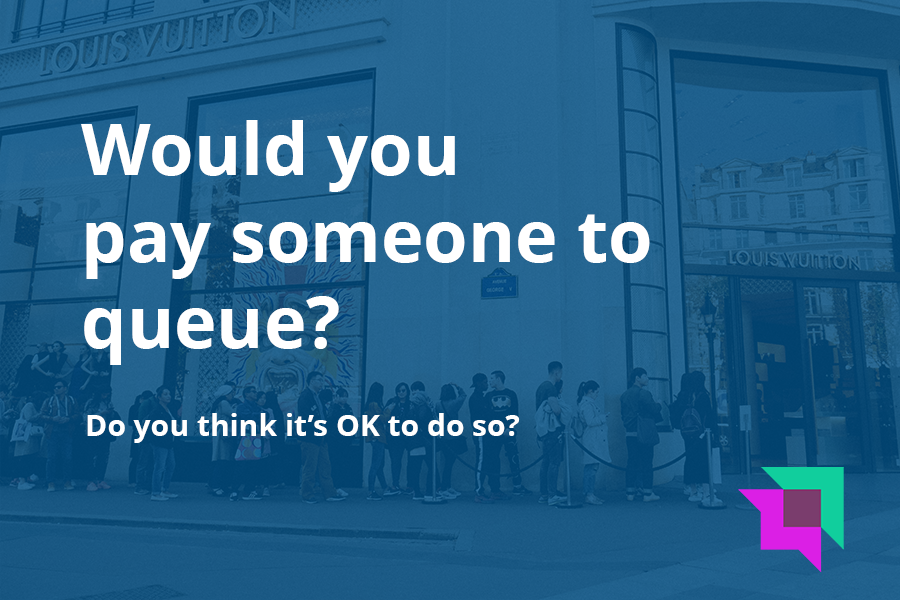- WeJump
- Shopping
- 0 Comments
In a world where time is increasingly precious and the pursuit of unique experiences knows no bounds, the concept of paying someone to stand in line for you has emerged as a solution for many, sparking discussions about the value of time, convenience, and the gig economy.
Simone Minas, owner of Minas Barbery, found herself at the intersection of desire and scheduling conflicts when the highly-coveted Pistachio Papi nut spread and pastries made their appearance at a Botany popup shop. Faced with a bustling salon on a rainy Saturday, Minas turned to an unconventional solution: hiring a gig worker through Airtasker to queue up and secure the sought-after treats.
Her experience is not an anomaly. The trend of outsourcing line-standing duties to gig workers is gaining traction, offering a workaround for individuals caught between coveted events and their busy schedules. This evolving facet of the gig economy has raised eyebrows and sparked debates about the value of time and the ethics of paying someone to stand in a line.
Enlist a gig worker to queue
For Minas, the decision to enlist a queue-stander was born out of a deep-seated desire to acquire a limited-edition item while juggling professional commitments. The Airtasker, Rose Le Febvre, accepted the task and swiftly navigated the queue, securing the pastries and delivering them to Minas’ salon. The exchange of $280 for the service encapsulated the monetary value placed on time and the pursuit of exclusive products.
Le Febvre’s experience exemplifies the versatility of gig work. Her tenure as an Airtasker spans various tasks, from queue-standing for sought-after items to unconventional tasks like cleaning gravestones, showcasing the spectrum of opportunities within the gig economy. Her sentiments echo a sentiment shared by many gig workers – the flexibility and financial gain offered by such tasks are attractive, catering to those seeking supplementary income or flexible work arrangements.
Pay someone to queue stand
The surge in demand for queue-standing services on platforms like Airtasker indicates a shift in consumer behavior. Beyond the traditional requests for moving assistance or DIY projects, the platform has seen a notable uptick in requests related to queue-waiting services. This trend underscores the evolving consumer landscape, where convenience and access to limited-edition products or experiences hold considerable sway.
However, the trend isn’t without its skeptics. Some question the ethical implications of paying someone to queue, considering it a privilege reserved for the affluent and a practice that potentially exploits those willing to undertake menial tasks for compensation. There are concerns about fairness, as this practice seemingly allows those with financial means to bypass time-consuming waits, raising questions about societal equality.
As society navigates the contours of this emerging trend, discussions around the ethics, implications, and societal fairness of paying gig workers to queue are crucial. Balancing the convenience and value of time against the ethical considerations is a debate that will likely continue to unfold in the evolving landscape of the gig economy.
Would you pay someone to Queue?
In conclusion, the phenomenon of paying gig workers to stand in queues reflects the evolving demands of a society valuing time and unique experiences. While it offers convenience, it also triggers discussions about fairness and societal implications. As this trend continues to gain momentum, striking a balance between convenience and ethical considerations will remain a key point of contention and reflection in the ever-evolving gig economy.

